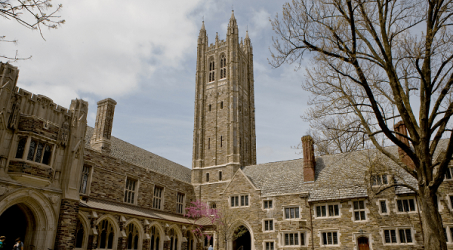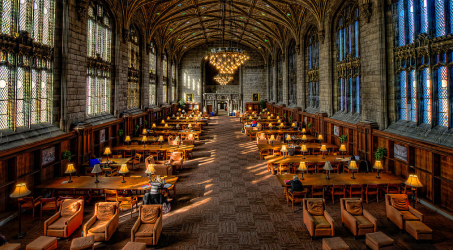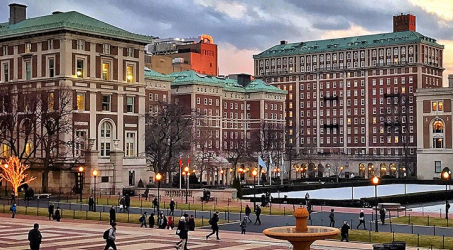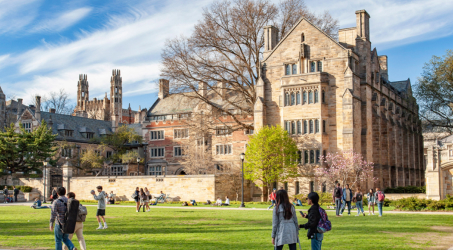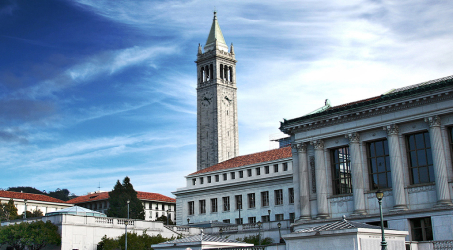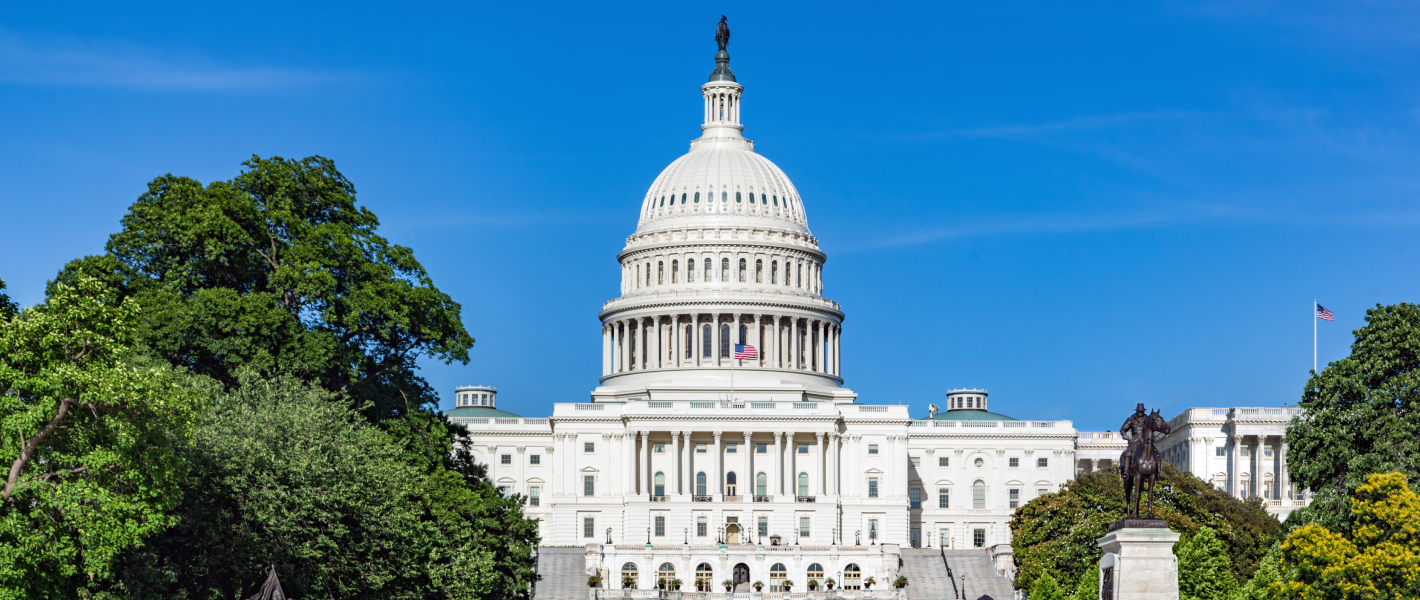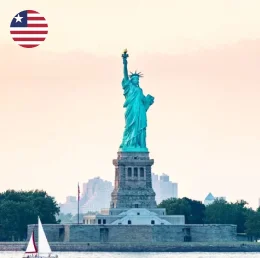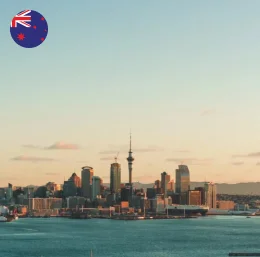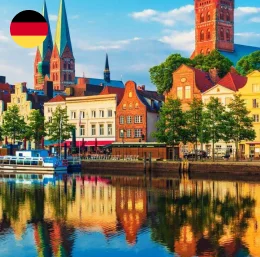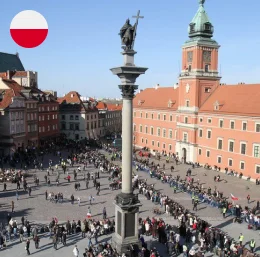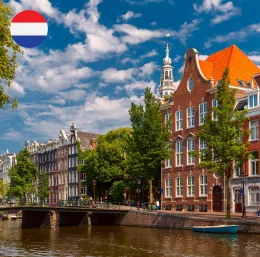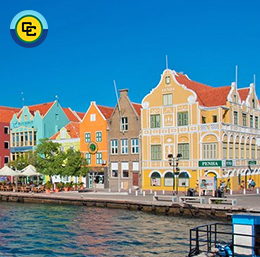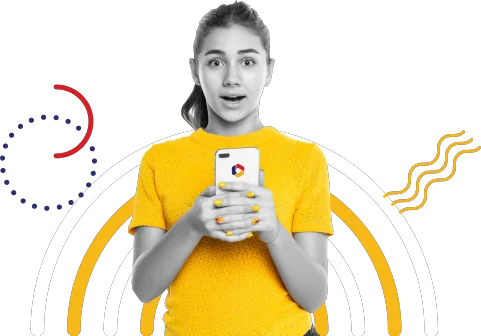Study in USA : An Ultimate Guide for International Students.

Are you looking to explore the world and enrich your academic journey? The United States beckons with open arms and a world of possibilities for international students. It’s a land of dreams, diversity, and distinction in education.
But hold on, we get it! The road to study in USA can feel like navigating a labyrinth. The applications, costs, visas, and the unknown can be overwhelming. That’s where this guide shines – as your trusted compass.
In this guide, we aren’t just your navigators but your fellow adventurers, mentors, and friends. We’ve got your back from when you consider your American dream to when tossing your graduation cap.
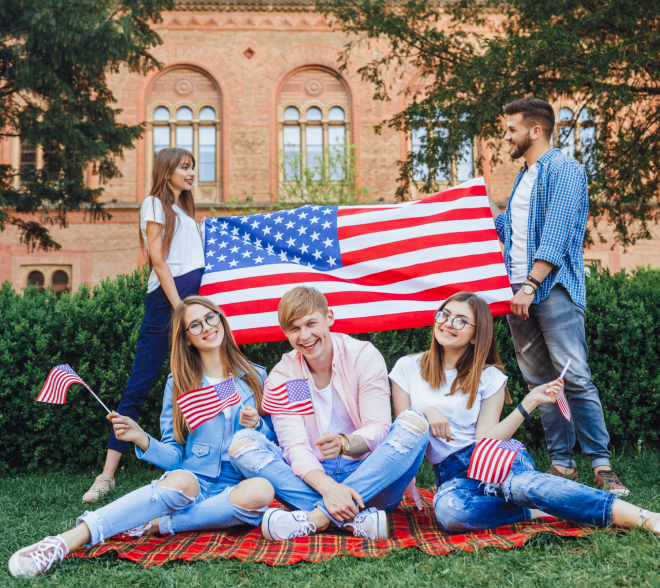
Why Study in USA?
The United States is a global leader in education, with over 4,500 accredited colleges and universities. US universities offer various programs and degrees at all levels, from undergraduate to doctoral, and are known for their academic excellence, world-class faculty, and cutting-edge research facilities.
High-Quality Education: The USA is renowned for its world-class universities and academic excellence. You’ll have access to top-notch faculty, cutting-edge research, and various programs.
Cultural Diversity: Studying in the USA means immersing yourself in a diverse and inclusive environment. You’ll interact with students from all over the world, fostering cultural exchange and a global perspective.
Career Opportunities: The USA offers abundant post-graduation employment opportunities, making it a launchpad for your career. Optional Practical Training (OPT) and Curricular Practical Training (CPT) programs allow you to gain valuable work experience during and after your studies.
Top 10 Universities in the USA (2023-24)

How to Apply to US Universities from India?
Applying to U.S. universities in India involves several steps:
Research: Research universities and programs that align with your academic and career goals.
Standardised Tests: Prepare for and take standardised tests like the SAT or ACT for undergraduate programs and the GRE or GMAT for graduate programs.
Application Forms: Complete online application forms for your chosen universities. Pay attention to application deadlines.
Essays and Personal Statements: Write compelling articles and personal statements that showcase your interests and motivations.
Recommendation Letters: Request strong letters of recommendation from teachers, professors, or employers.
Transcripts: Provide transcripts from your previous educational institutions.
Financial Documents: Prepare documents demonstrating your ability to cover tuition and living expenses.
Visa Application: Once accepted, apply for a student visa (usually F-1 or J-1) at your nearest U.S. embassy or consulate.
Pre-departure Preparations: Arrange for accommodation, health insurance, and other logistics.
Orientation: Attend orientation programs at your university to acclimate to the new environment.
Remember that each university may have specific admission requirements, so it’s crucial to check with the universities you’re interested in for detailed instructions.
🎓 Get expert guidance on university selection, visa processes, and financial planning.
Types of Student Visas in USA:
F-1 Visa (Academic Student): This is the most common student visa for full-time students pursuing academic and language programs. To apply for an F-1 visa, you must have an acceptance letter from a U.S. Student and Exchange Visitor Program (SEVP)-certified school. F-1 visa holders can work on-campus part-time during the academic year and full-time during school breaks. They can also participate in Optional Practical Training (OPT) after graduation, which allows for employment related to their field of study for up to 12 months.
J-1 Visa (Exchange Visitor): The J-1 visa is intended for individuals participating in exchange programs. This includes students in exchange programs funded by the U.S. government and students in research, teaching, or practical training programs. J-1 visa holders may be subject to a home-country physical presence requirement, meaning they must return to their home country for a specific period before applying for certain other U.S. visas.
🌟 Let us be your trusted immigration consultants for study in USA.

Visa Validity and Entry:
Once you have your student visa, it will specify when you can enter the U.S. You can typically enter the U.S. up to 30 days before the start date of your program, as indicated on your Form I-20 or DS-2019. You must also maintain student status by attending classes and following all U.S. laws and regulations during your stay.
It’s essential to remember that the process may vary slightly depending on your home country and the specific U.S. embassy or consulate where you apply. Always check the official U.S. embassy or consulate website for the most up-to-date information and requirements.
Costs of Study in USA
The cost of studying in the United States is primarily dependent on two factors: tuition and living expenditures. While tuition at private institutions ranges from $25,000 to $55,000 annually, the average annual cost for an international student attending a public university is around $30,780. The cost of living varies by region, as in most nations; big cities may have greater costs than smaller towns. Students often need to set aside between $10,000 and $18,000 a year for housing, food, and other necessities.
Employment Opportunities
The USA offers excellent employment prospects for international students. Key programs include:
Optional Practical Training (OPT): Allows you to work in your field of study for up to 12 months after graduation.
Curricular Practical Training (CPT): Provides opportunities for off-campus employment related to your program.
H-1B Visa: If you secure a job offer, you can apply for the H-1B visa, commonly used by highly skilled workers.
If you leave the USA during your studies and plan to return, you’ll need a valid visa to re-enter. To renew your passport, you’ll typically need to follow a process similar to your initial visa application, including a visa interview in your home country.
Studying in the USA is a transformative journey that opens doors to world-class education, global exposure, and boundless opportunities. The American dream is within your reach, and this guide has been your faithful companion, illuminating the path to your aspirations.
Now, the choice is yours. Will you take the first step towards a brighter future, towards the halls of knowledge and the corridors of success?
📚 Start your academic adventure with Rao Consultants by your side.
Frequently Asked Questions?
Conclusion
At Rao Consultants, we understand the complexities of navigating the U.S. immigration system. Whether you’re a student yearning to study abroad, a professional seeking career opportunities, or someone with a family connection in the U.S., we have the expertise to guide you through every step of the visa process.
Our comprehensive services cover a wide range of visa types, from student visas and work visas to family reunification visas and green cards. We offer personalized consultations, in-depth application assistance, and ongoing support throughout your journey.
Don’t let your visa dreams become a distant hope. Contact Rao Consultants today and let us turn your aspirations into reality.
Contact Us
Have questions or need assistance? Contact us today.
We're here to help you with your immigration and
education journey. Reach out to Rao Consultants for
expert guidance.
EMAIL US
contact@raoconsultants.comSPEAK WITH EXPERT
(079) 67 444 444CHAT WITH EXPERT
+91 7573 008 888Contact-us
"*" indicates required fields




